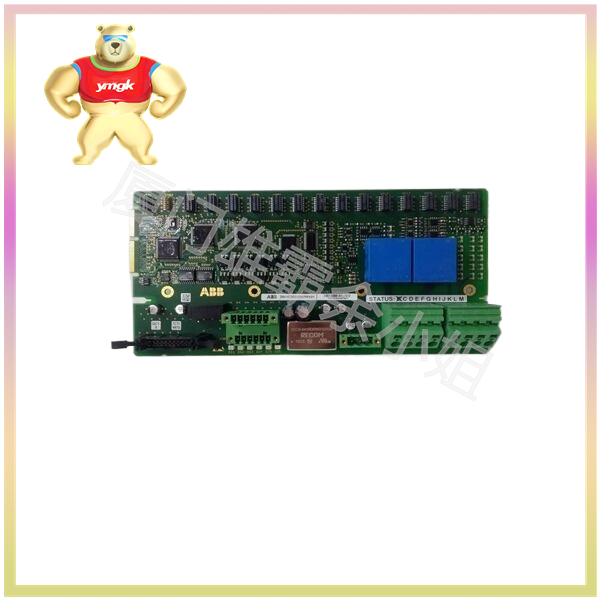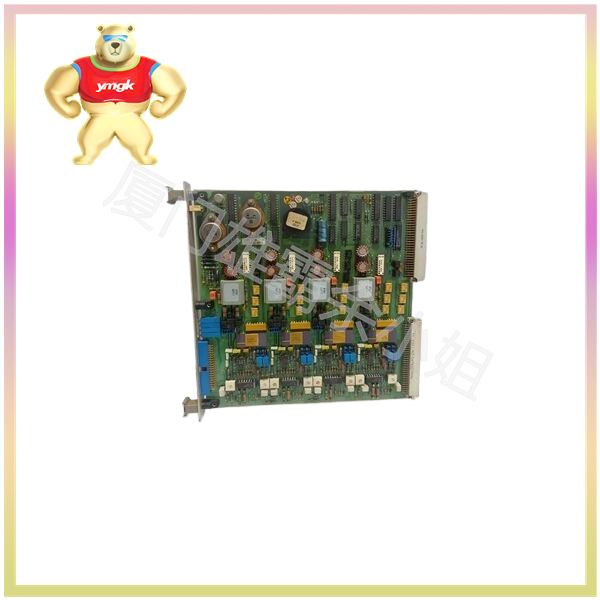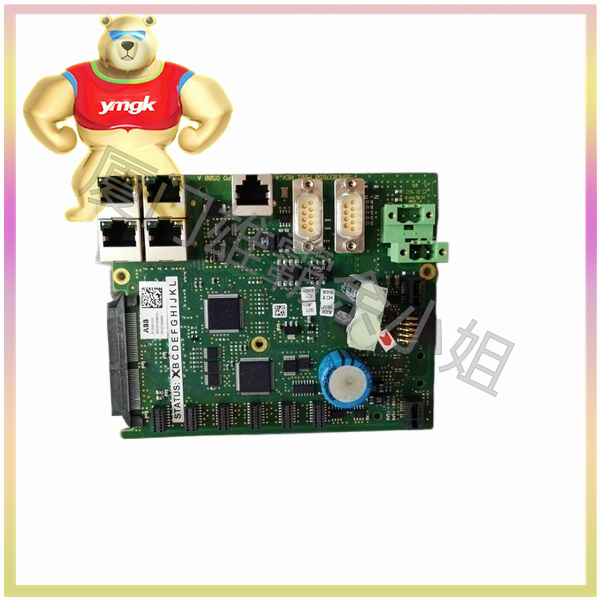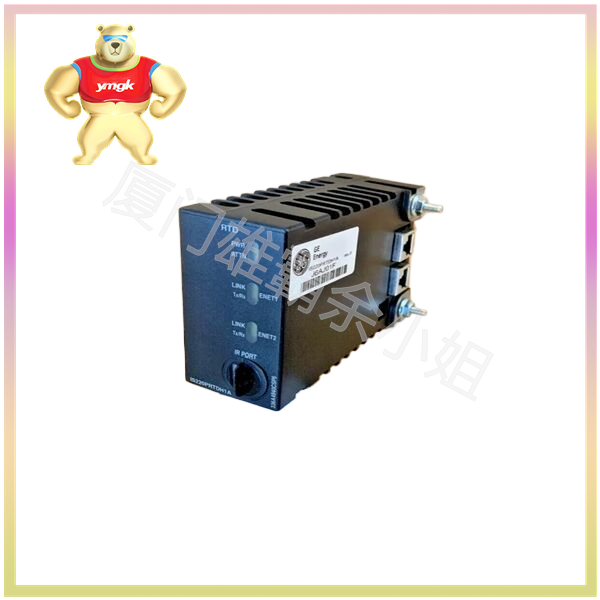EtherNet/IP (or) Ethernet/IP protocol is a popular industrial communication protocol that enables real-time control and data transmission between devices in the industrial automation systems.
It is an implementation of the Common Industrial Protocol (CIP) over conventional Ethernet infrastructure that enables the smooth integration of devices from several manufacturers.
EtherNet/IP supports both peer-to-peer and client-server communication formats and is well-known for its flexibility, scalability, & interoperability, making it an ideal option for industrial applications like manufacturing, process control, and robotics.
How Does EtherNet/IP Work?
EtherNet/IP is operated on the client-server concept and employs ordinary Ethernet connectivity to exchange data between equipment in an industrial automation system. This is how EtherNet/IP works:
Physical Layer
EtherNet/IP provides physical connectivity with ordinary Ethernet gear and cabling. Ethernet cables and switches connect devices to the network, including PLCs, I/O modules, drives, sensors, & HMIs.
TCP/IP Protocol Stack
EtherNet/IP runs at the TCP/IP protocol stack’s application layer, which also comprises Ethernet framing, IP addressing, & TCP/UDP transport levels.
Common Industrial Protocol (CIP)
EtherNet/IP exchanges data and communicates with devices via the Common Industrial Protocol (CIP), an object-oriented protocol suite. CIP defines a set of services & objects that allow devices to communicate with one another. These solutions include explicit and implicit messaging, as well as device discovery.
Connection Establishment
Devices communicate via the client-server mechanism. A client device initiates communication by sending a request to the server. The server device replies to the client’s request by providing the requested data (or) performing the requested action.
Message Types
Explicit Messaging: The client delivers explicit requests to specified server devices utilizing CIP services. This approach is often employed for point-to-point communication among devices.
Implicit Messaging: Data is transmitted between devices without explicit demands. Devices send data to the network, & other devices subscribe to the information they require. This approach is frequently employed for real-time data sharing among numerous devices.
Data Representation
Data transmitted between devices is expressed utilizing CIP objects, which define the data’s structure and format. CIP objects can include a variety of data types, including integers, floating-point numbers, texts, and custom data structures.
Device Profiles
EtherNet/IP defines device profiles, which describe the communication capabilities & requirements of many types of devices. Device profiles define standardized communication interfaces, ensuring interoperability between devices from various manufacturers.
Advantages of EtherNet/IP
Compatibility
EtherNet/IP is interoperable with standard protocols & transport devices that use classic Ethernet, making it simple to implement.
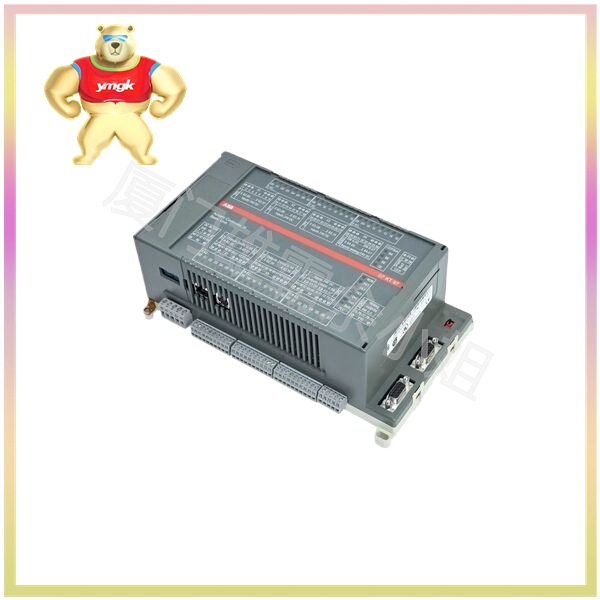
Standard
Ethernet has become a widely recognized certifiable standard, to the point where equipment must be verified by EtherNet/IP test labs according to QoS.
Universal Use
EtherNet/IP has been utilized in almost every business; hence its universality has made it a popular protocol.
Why use Ethernet IP?
EtherNet/IP provides the speed, precision, and dependability required to manage & control information in real time by linking devices to a single network, enabling users to collect relevant data that helps keep essential systems running.
What is Ethernet TCP IP?
Ethernet TCP/IP is a typical Ethernet interface that connects several network nodes, which include computers in an office network. It can also be utilized for connecting other communication equipment, such as scanners & PLCs, on a factory floor.

